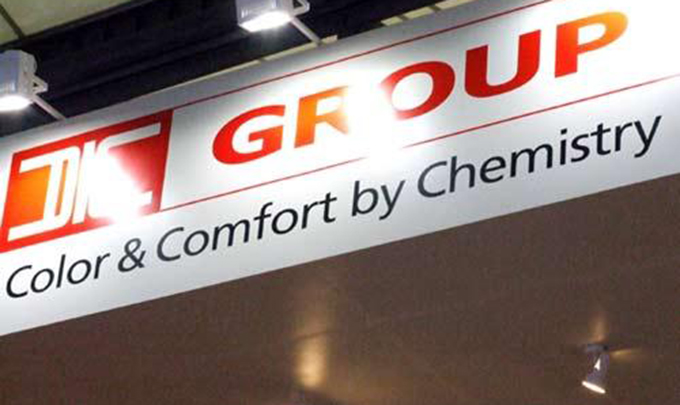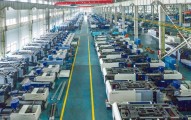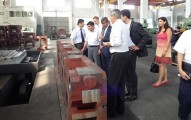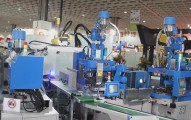Japan’s DIC Picks China for PPS Plant
Japanese materials supplier DIC Corporation is building its first polyphenylene sulphide (PPS) compounding plant in China in the city of Zhangjiagang, Jiangsu Province. The new plant, total investment in which will be approximately 1.3 billion yen, will be located within the site occupied by wholly owned subsidiary DIC Zhangjiagang Chemicals, which produces synthetic resins, among others. Annual production capacity will be 6,000 tonnes. Construction is expected to begin as soon as official building permits are secured, and to be completed by the end of 2015.
While global demand for PPS compounds continues to grow at 6%-8% annually, annual growth in demand in China, which leads the world in automotive production, is estimated at well above 10%. Market expansion continues to encourage leading global automobile components manufacturers to set up operations in China, while the need to reduce foreign exchange and logistics risks among others has spurred increased interest in local procurement of PPS compounds from such manufacturers.
DIC says that building a PPS compounds plant in China will thus position it to respond to the needs of customers—thereby facilitating our full-scale entry into the local PPS compounds market—and to expand its sales of these products.
The DIC Group currently has three production bases for PPS compounds, located in Japan (Komaki Plant), Malaysia and Austria. In July 2011, it invested approximately 500 million yen to increase the annual PPS compounds production capacity of subsidiary DIC Compounds (Malaysia) from 1,500 to 4,500 tonnes. In 2012, it invested approximately 1.5 billion yen to build a new PPS compounds plant in Austria with an annual production capacity of 6,000 tonnes.
The plant in Zhangjiagang will also deploy a state-of-the-art production control system that enable integrated computerised control of production lines and monitoring processes, helping to improve the safety and precision of production activities, as well as to increase efficiency and yield rates. This system, DIC says, is already in use at its PPS compounds plant in Austria. “We expect the system’s deployment at the new plant to facilitate achievement of an operating rate in excess of 60% before the end of 2016, the first full year after the facility’s completion,” adds the firm.
DIC has also opened in July this year a new technical centre in Shanghai, a move aimed at reinforcing its after-sales service configuration in China, in such areas as the fabrication of metal molds and the molding of PPS compounds.
The company says that the construction of the Zhangjiagang plant will increase its annual global production capacity for PPS compounds to approximately 40,000 tonnes. It expects its share of the PPS compounding market in China, currently 20%, to eventually surpass 35%.
PPS compounds are made by reinforcing heat-resistant PPS polymer with glass fibres or inorganic fillers to create a high-strength compound that boasts heat and chemical resistance, as well as dimensional stability.










